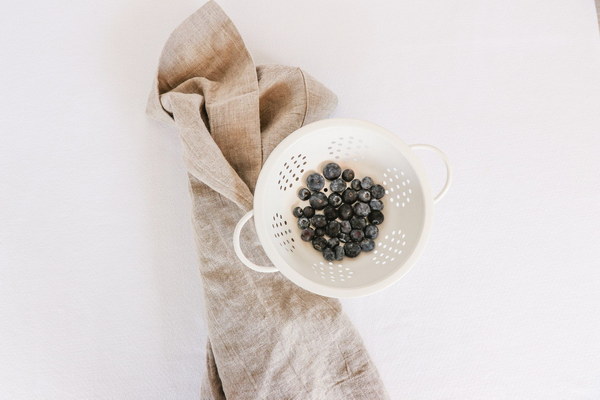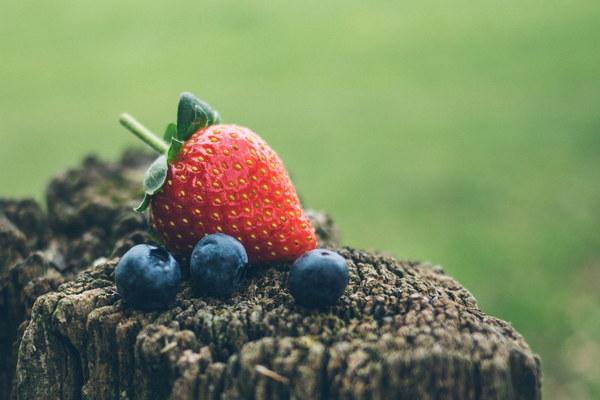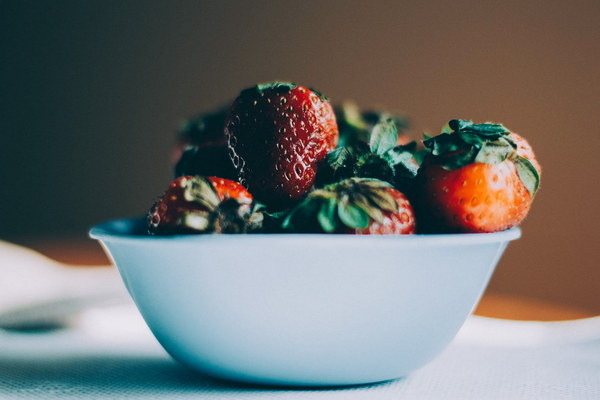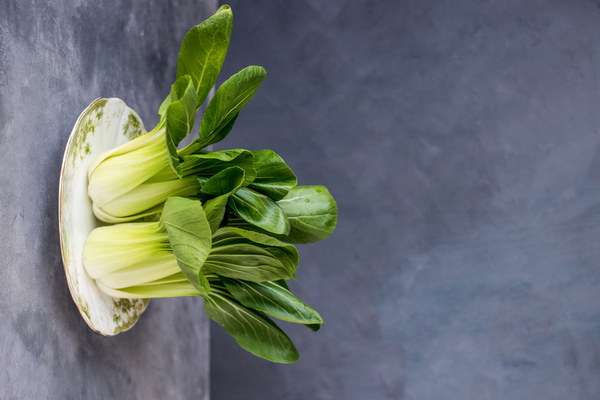Nourish Your Liver and Kidneys A Guide to Foods That Promote Wellness
Nourish Your Liver and Kidneys: A Guide to Foods That Promote Wellness
The liver and kidneys are two of the most vital organs in the human body, responsible for filtering toxins, producing bile, and regulating blood pressure, among other crucial functions. Maintaining their health is essential for overall well-being. One effective way to support these vital organs is through the food we consume. Here’s a comprehensive guide to foods that can help nourish and protect your liver and kidneys.
1. Leafy Greens: A Potent Ally for Liver Detoxification
Leafy greens like kale, spinach, and Swiss chard are rich in chlorophyll, which helps in detoxifying the liver. These greens also contain vitamins and minerals that support liver function, such as vitamin K, folate, and iron. Incorporate these into your diet as salads, smoothies, or steamed vegetables.
2. Cruciferous Vegetables: The Liver’s Natural Cleansers
Cruciferous vegetables like broccoli, cauliflower, Brussels sprouts, and cabbage are known for their liver-cleansing properties. They contain sulforaphane, a compound that helps in flushing out harmful toxins. Include these in your meals in the form of roasted, steamed, or raw salads.
3. Avocado: A Healthy Fat for Liver Support
Avocado is not only delicious but also packed with healthy fats that aid in liver health. The monounsaturated fats in avocados can help lower cholesterol levels, which is beneficial for the liver. Add slices of avocado to your salads, sandwiches, or enjoy them as a healthy snack.
4. Nuts and Seeds: Rich in Omega-3 Fatty Acids
Nuts and seeds such as walnuts, flaxseeds, chia seeds, and hemp seeds are rich in omega-3 fatty acids, which have anti-inflammatory properties and support liver health. Sprinkle them on your salads, add them to smoothies, or enjoy as a handful as a nutritious snack.
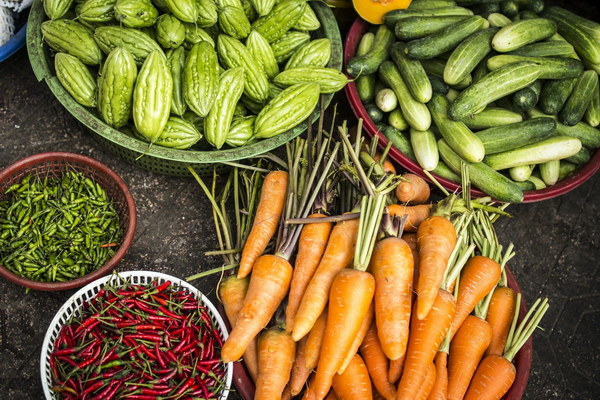
5. Beets: A Natural Liver Cleanser
Beets are a natural diuretic and can help in filtering the blood and removing toxins from the liver. They are also high in betaine, a compound that can help reduce inflammation and protect the liver. Roast, steam, or juice beets to include them in your diet.
6. Citrus Fruits: A Burst of Liver-Loving Vitamins
Citrus fruits like oranges, grapefruits, and lemons are high in vitamin C, which is essential for liver function. These fruits can help stimulate the liver to produce bile and flush out toxins. Start your day with a glass of lemon water or enjoy these fruits as part of your meal.
7. Turmeric: The Golden Spice with Healing Properties
Turmeric, with its vibrant yellow color, is a spice that has been used for centuries in traditional medicine. It contains curcumin, a compound that has anti-inflammatory and antioxidant properties, making it beneficial for liver health. Add turmeric to your curries, soups, or smoothies.
8. Garlic: A Potent Antioxidant for Kidney Protection
Garlic is not only a flavorful addition to your meals but also a powerful antioxidant. It can help in reducing inflammation and protecting the kidneys from oxidative stress. Incorporate garlic into your cooking by adding it to sauces, stir-fries, or roasting it with vegetables.
9. Berries: The Perfect Fruit for Kidney Health
Berries such as strawberries, blueberries, raspberries, and blackberries are low in sodium and high in antioxidants, making them excellent for kidney health. They can help reduce inflammation and protect against kidney damage. Enjoy these fresh or frozen berries as a healthy dessert or snack.
10. Water: The Universal Liver and Kidney Helper
Lastly, adequate hydration is crucial for the health of both the liver and kidneys. Water helps in flushing out toxins and waste products from the body, including the liver and kidneys. Aim to drink at least 8 glasses of water per day to support their proper function.
By incorporating these liver and kidney-friendly foods into your diet, you can help maintain the health of these vital organs. Remember, a balanced diet, regular exercise, and avoiding harmful substances like alcohol and tobacco are also key factors in promoting overall wellness.


